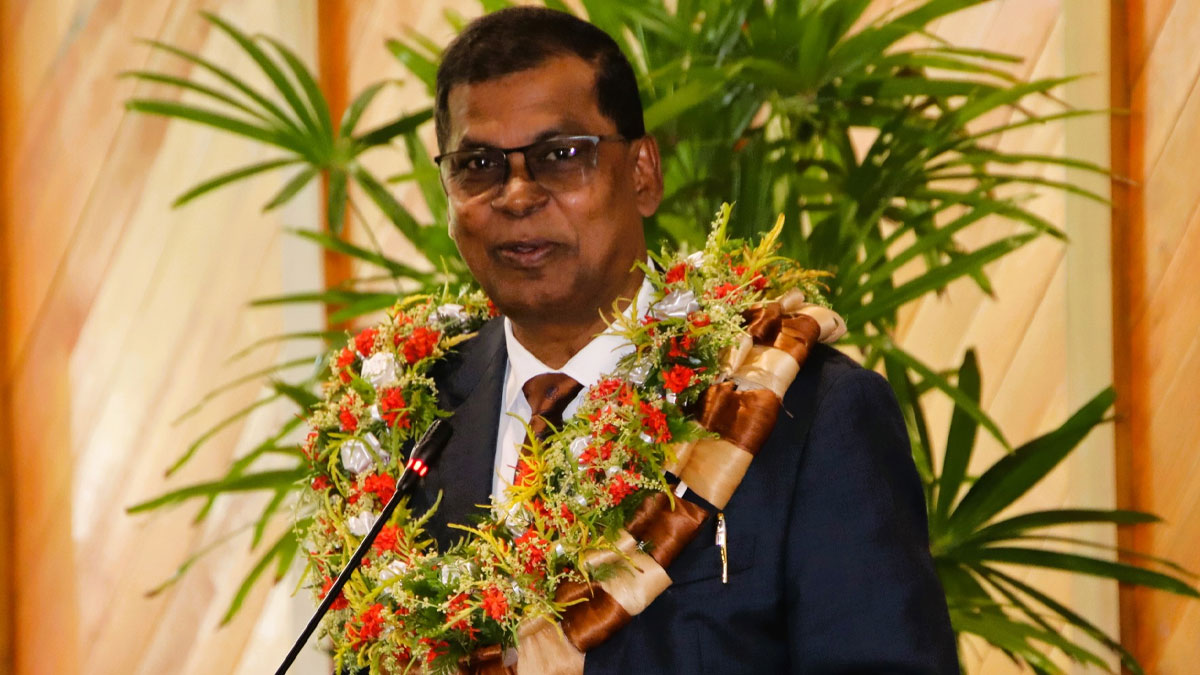
The Pacific cannot afford to be incoherent or inefficient in our tackle against the impacts of the climate crisis.
This was highlighted by Deputy Prime Minister and Minister for Finance Professor Biman Prasad at the opening of the Pacific Risk to Resilience Week at the Pacific Island Forum Secretariat in Suva.
Professor Prasad says by joined-up approaches, they do have a fighting chance, hence the need to convene the three interlinked workshops and sessions on these crucial issues.
He says the meeting is happening at a pivotal time and underlined this week is focused squarely on them and their needs and challenges to ensure that their abilities, resources and capacities are enhanced to tackle the impacts of the climate crisis.
Professor Prasad adds the establishment and operationalisation of the Fund for Responding to Loss and Damage and the roll-out of the Santiago network in quick succession over the last four years shows that they can influence change at the international level.
He says that progress also requires us to be prepared and ready to take advantage of new opportunities.
He further says over the years, Pacific leaders have welcomed the multi-dimensional vulnerability index, reaffirmed their commitment to the FRDP, and engaged in the ICJ advisory opinion on climate change.
The Deputy PM says this is an opportunity to advance their efforts to conceptualise better and implement a comprehensive approach to climate and disaster risk management.
Professor Prasad says they need to define the actions shaping our delivery of the regional climate mobility framework.
At COP29, Professor Prasad says we should not only deliver on substantive agenda items but also give real hope to our communities and our people. He called on all participants to be active and ambitious in their contributions this week.
Stay tuned for the latest news on our radio stations

